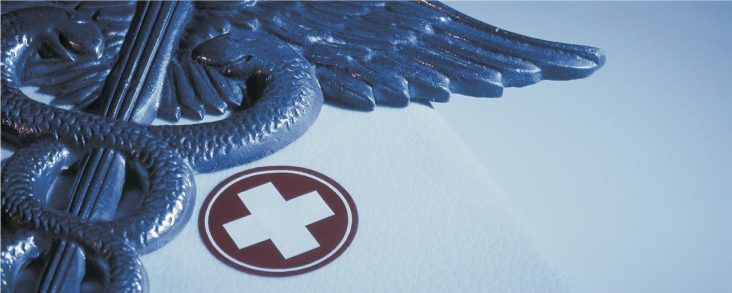Report: Arkansas spending on Medicaid $405 million less than projected
by February 5, 2018 7:55 pm 1,098 views

Spending on Medicaid in Arkansas is $405 million less than baseline projections since the beginning of fiscal year 2017, half through so-called “transformation” efforts and half because of an improving economy and fewer beneficiaries.
Those facts were included in a legislatively required quarterly report by Department of Human Services Director Cindy Gillespie and Dennis Smith, special advisor on Medicaid. The two presented the report to the House and Senate Public Health, Welfare and Labor Committees Monday.
The Medicaid transformation effort was created after Gov. Asa Hutchinson and a legislative task force had set a goal of reducing Medicaid spending increases by at least $835 million from fiscal years 2017-2021.
Gillespie and Smith reported savings of $93 million in the fiscal year’s second quarter and $110 million this fiscal year so far. Those savings came as a result of the state’s Medicaid transformation efforts in developmental disability, behavioral health, long-term services, pharmacy and dental benefits. Counting last year, the savings total $203 million. The $110 million in savings this year is $37 million more than expected. The $203 million total is $53 million more than expected.
Since the beginning of 2017, another $202 million in savings has occurred outside of those transformation efforts. Those came primarily because an improving economy has reduced the number of Medicaid recipients, while DHS and medical providers have made efforts to streamline services. The number of recipients of traditional Medicaid and Arkansas Works fell by 117,000 people in 2017. About $120 million in reduced spending decreases has occurred this fiscal year as a result of those causes.
Medicaid is the government’s program that serves the poor, the aged, the disabled, foster children and other needy Arkansans. Arkansas Works uses federal Medicaid dollars to purchase private health insurance for Arkansans with incomes up to 138% of the federal poverty level.
The transformation savings have come from a variety of reforms. About $50 million was saved in pharmacy costs in fiscal year 2017, and $17 million has been saved this year. The state saved $2 million last year in long-term services and has saved $45 million this year. Other savings have occurred in behavioral health ($25 million in FY2017; $18 million this year) and developmental disabilities services ($16 million in 2017; $31 million this year).
Specific reforms include an updated behavioral health outpatient benefits policy; cost-care coordination for behavioral health services; and therapy caps of 90 minutes per week for developmental disabilities services.
On the last one, recipients can receive additional services if they receive prior authorization, which led to an assertion by Rep. Stephen Magie, D-Conway, that he doesn’t trust that process based on what he’s seen in his ophthalmology practice.
He said afterwards that some patients will “fall between the cracks” and that prior authorization is “exceedingly complex” even for providers.
“It’ll come across as, ‘Oh, we’ve got all these savings, but there are going to be people out there that need the services and don’t know how to adequately access it,” he said.
Gillespie and Smith say additional savings will come in 2019 when about 30,000 behavioral health recipients will be enrolled in Provider-led Arkansas Shared Savings Entities, or PASSES. Created by legislation in 2017, the model is directed at high-cost individuals with behavioral health issues and intellectual disabilities. The state spends about a billion dollars on those 30,000 people, Smith said.
The PASSES are a form of managed care where providers have majority ownership and are licensed by the Arkansas Insurance Department. Individuals will be assessed to determine if they need advanced services. If so, they’ll be enrolled in a PASSE, and then next year the PASSE will be provided a single global health payment for all the individual’s health needs. Five PASSES have been licensed, and four have passed readiness reviews.
The program entered the early stages for about 2,000 individuals Feb. 1 and will be fully implemented next year.
